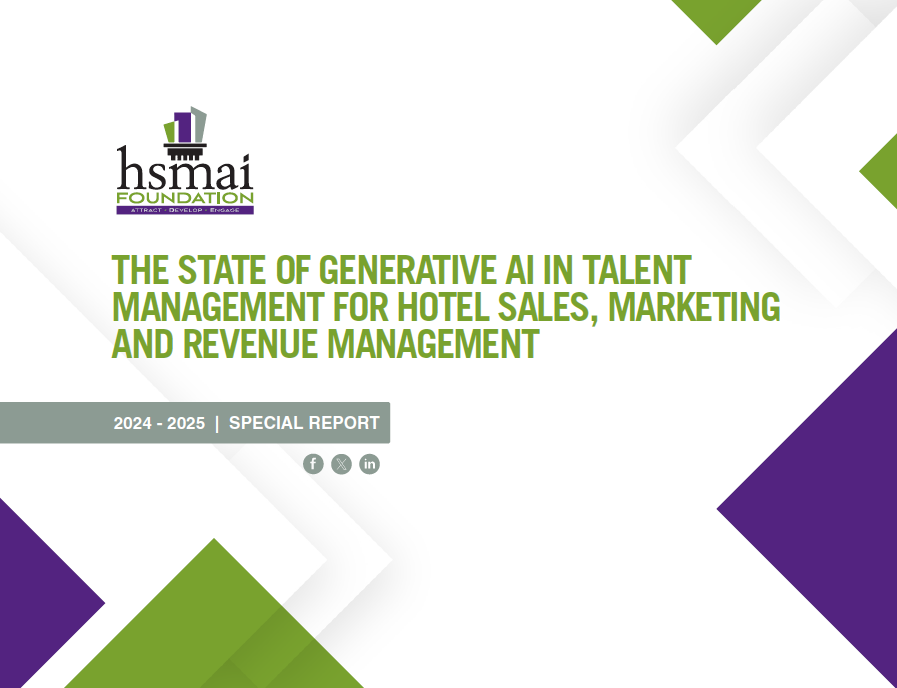Charity Hanke, CRME, Corporate Manager of Revenue Strategy, Oxford Collection, HSMAI Rising Revenue Optimization Leader Council Member
As generational preferences shift, hotel revenue managers must stay attuned to how different age groups Baby Boomers, Gen X, Millennials, and Gen Z impact pricing, booking behaviors, and overall guest expectations. Understanding these nuances is key to optimizing revenue strategies. At a recent HSMAI Rising Leader Council meeting, I discussed this topic with the group.
Booking Behavior and Tech-Savviness
Younger generations, particularly Gen Z and Millennials, are reshaping how they plan and book their travel. “I was talking to my sister-in-law, who’s a Gen Z… she was looking at TikTok for all her recommendations,” shared one participant. Unlike older generations who might rely on desktop searches and reviews, younger travelers are increasingly turning to social media content for inspiration. This trend points to a growing need for hotels to adapt their digital marketing strategies, tapping into platforms like TikTok to engage potential guests.
Experiential Travel and Customization
The demand for personalized experiences is on the rise, particularly among Millennials and Gen Z. “Millennials and Gen Z do not want that packaged model at all,” noted a rising leader. Instead, they seek experiences that allow them to tailor their stay, whether it’s kayaking, bike tours, or other activities. Hotels need to consider offering flexible packages that give guests the option to build their own experiences.
Transparency in Pricing
Transparent pricing is essential, particularly for younger generations who are more sensitive to hidden fees. “The younger generations are more geared towards transparent pricing,” said one participant, emphasizing the importance of clarity in hotel charges. Guests, especially Millennials and Gen Z, are less tolerant of surprise fees and prefer knowing what’s included upfront.
Embracing Technology
As younger guests demand faster, more seamless experiences, mobile check-ins and digital tools are becoming critical. The convenience of texting for bookings and the use of QR codes to access services are essential for enhancing the guest experience, but it’s important to offer traditional options for others who may not be as tech-savvy.
Read More:
Questions For Your Team:
- What changes have you seen between the different generations? Such as amenities, how they book, length of stay, ETC.
- What are some Revenue strategies to appeal to the different generations?
- How do we think rates, booking, and amenities will change for the coming generations?










